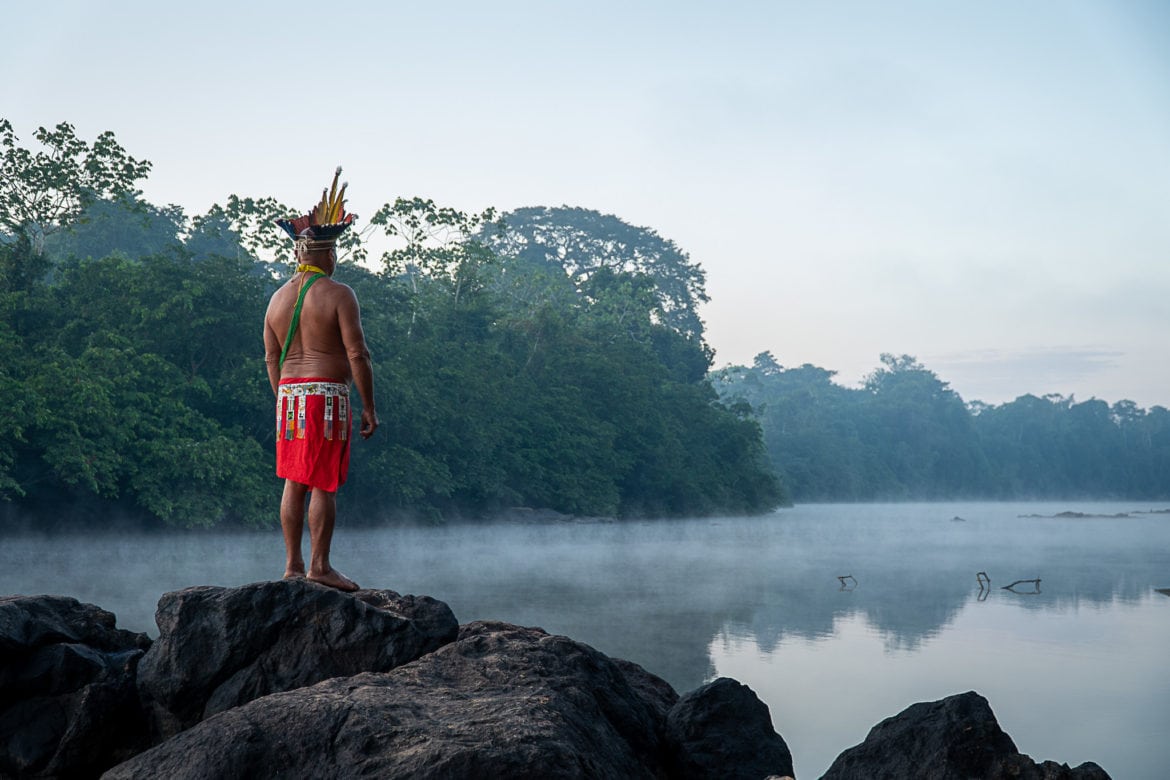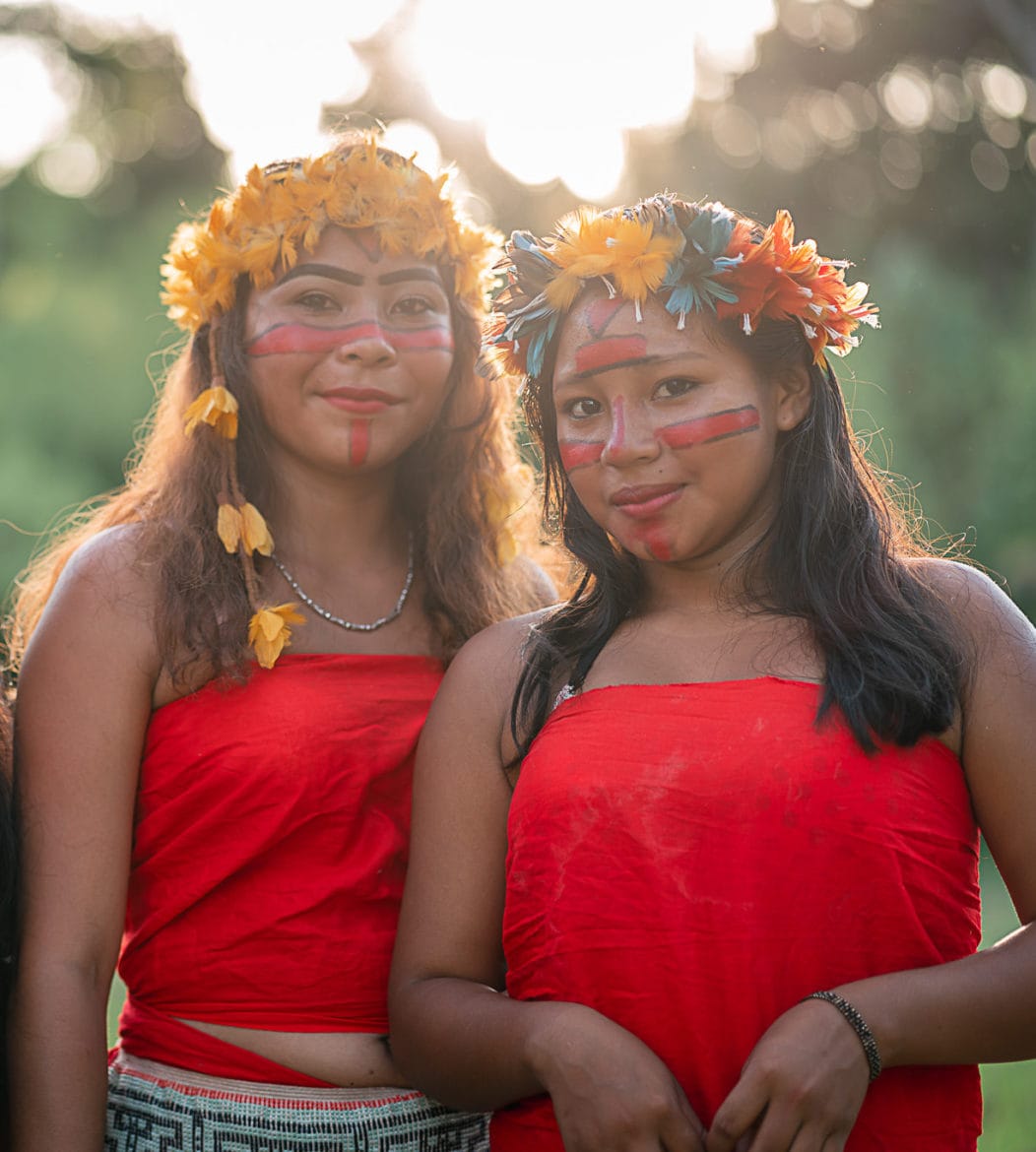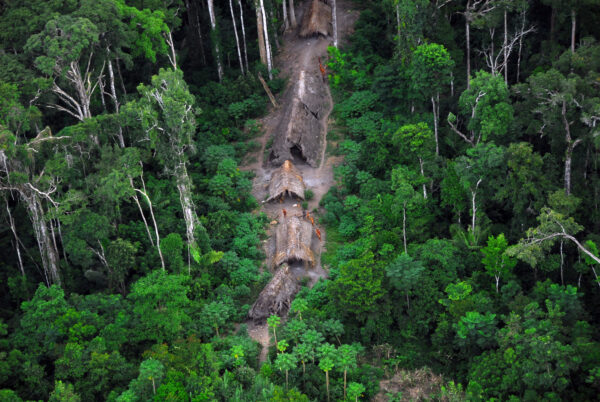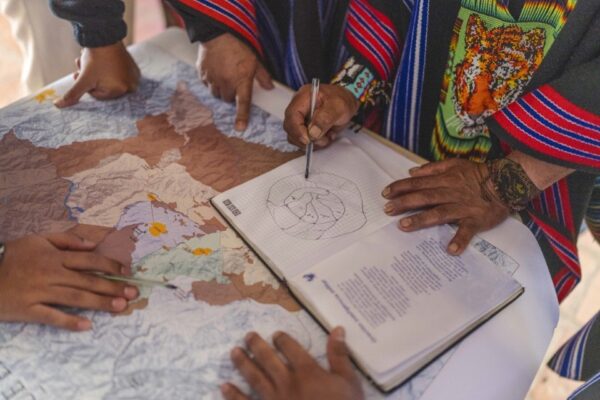UPDATE: A Critical Moment
With just over a month left in the current government’s term, recent legislative changes in Suriname threaten to halt enormous momentum toward finally codifying fundamental rights for the country’s Indigenous and Tribal Peoples in national law. These changes undermine international human rights commitments, including the principle of Free, Prior, and Informed Consent (FPIC). If action is not taken now, Indigenous communities risk having to restart their fight for recognition with a new administration. The Amazon Conservation Team, along with the Organization of Indigenous People of Suriname (OIS) and the International Working Group for the Protection of Indigenous Peoples in Isolation and Initial Contact (GTI-PIACI) are calling on Suriname’s Parliament to ensure that the legislation upholds international human rights standards.
In recent years, indigenous communities across the Americas have fought hard to protect their land. From Standing Rock in the U.S. to protests in Brazil, indigenous peoples have demanded recognition of their rights. But in Suriname, a small country on South America’s northeast coast, indigenous land rights are still not legally guaranteed.
Suriname is the only country in the tropical South Americas that has not recognize any form of collective rights of indigenous peoples to their territories. Its laws regarding land rights and tenure, based on old colonial policies, are essentially blind to the peoples who have lived there for generations. The country also has not signed ILO Convention 169, a key international agreement that supports indigenous self-determination.
A Long Fight for Land Rights

Suriname only became independent in 1975, and by the following year, indigenous activists were already marching for land rights. Their fight has continued for decades, with many ups and downs. Laws have been proposed, but none have passed.
Why Land Rights Matter
For indigenous communities, land is everything. It provides food, medicine, and spiritual connection. Without legal recognition, it’s harder to protect their forests from illegal logging, mining, and other destructive industries. Studies show that where indigenous land rights are protected, forests stay healthier, and biodiversity thrives. In fact, indigenous-managed lands often have lower deforestation rates than national parks.

ACT’s Role
Since 2002, the Amazon Conservation Team (ACT) has worked alongside indigenous communities in Suriname to help them protect their forests, strengthen their governance, and preserve their cultural knowledge. ACT has also collaborated with the government to push for legal recognition of indigenous land rights.
How Can You Help?
If you would like to support the protection of indigenous cultures and the rainforest in Suriname, we invite you to sign this call to action.
Stay Connected
Not a subscriber yet? Stay informed about our conservation efforts, hear inspiring stories from indigenous communities, and discover how you can make a difference in preserving these invaluable ecosystems.
Share this post
Bring awareness to our projects and mission by sharing this post with your friends.




